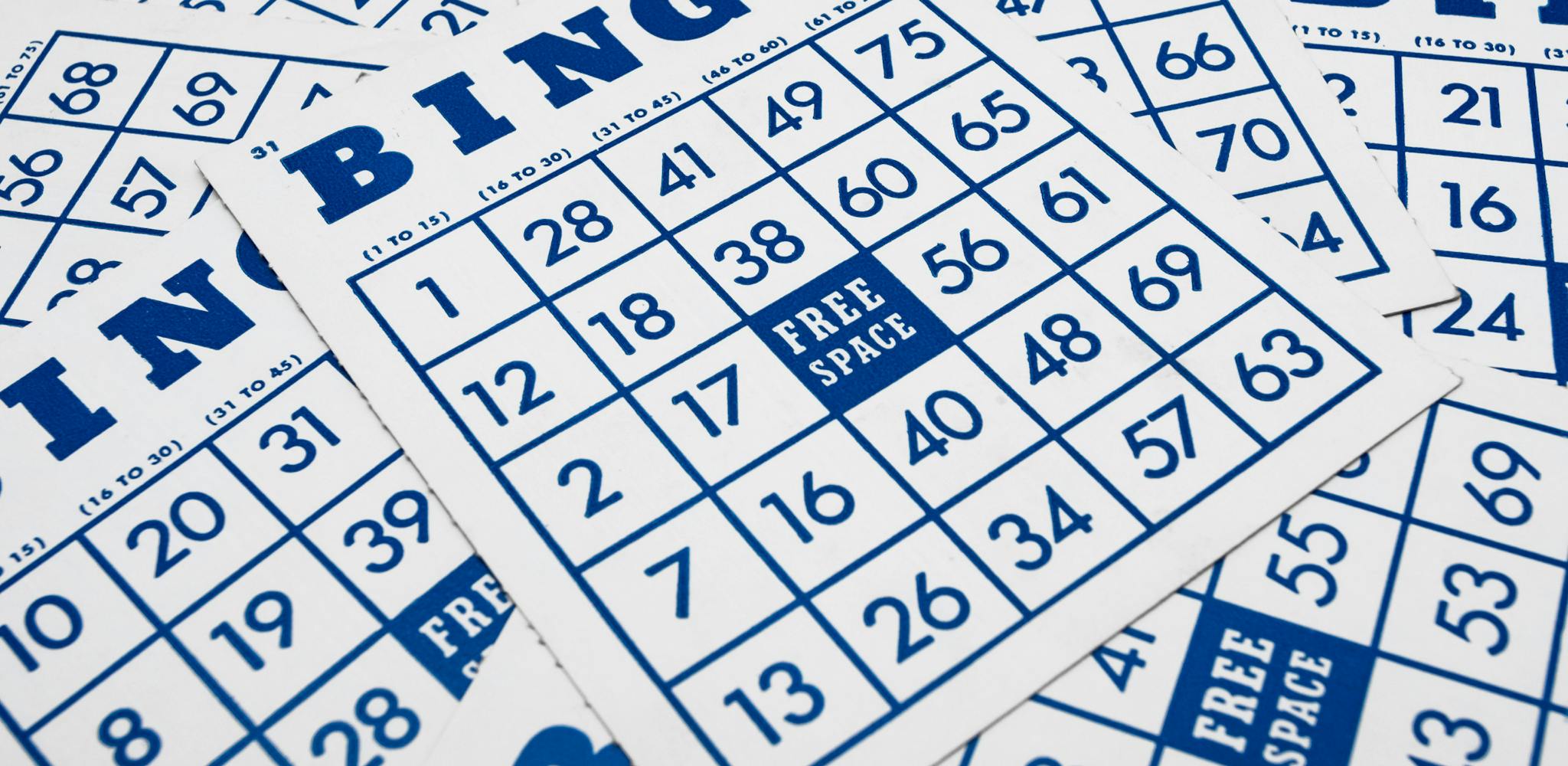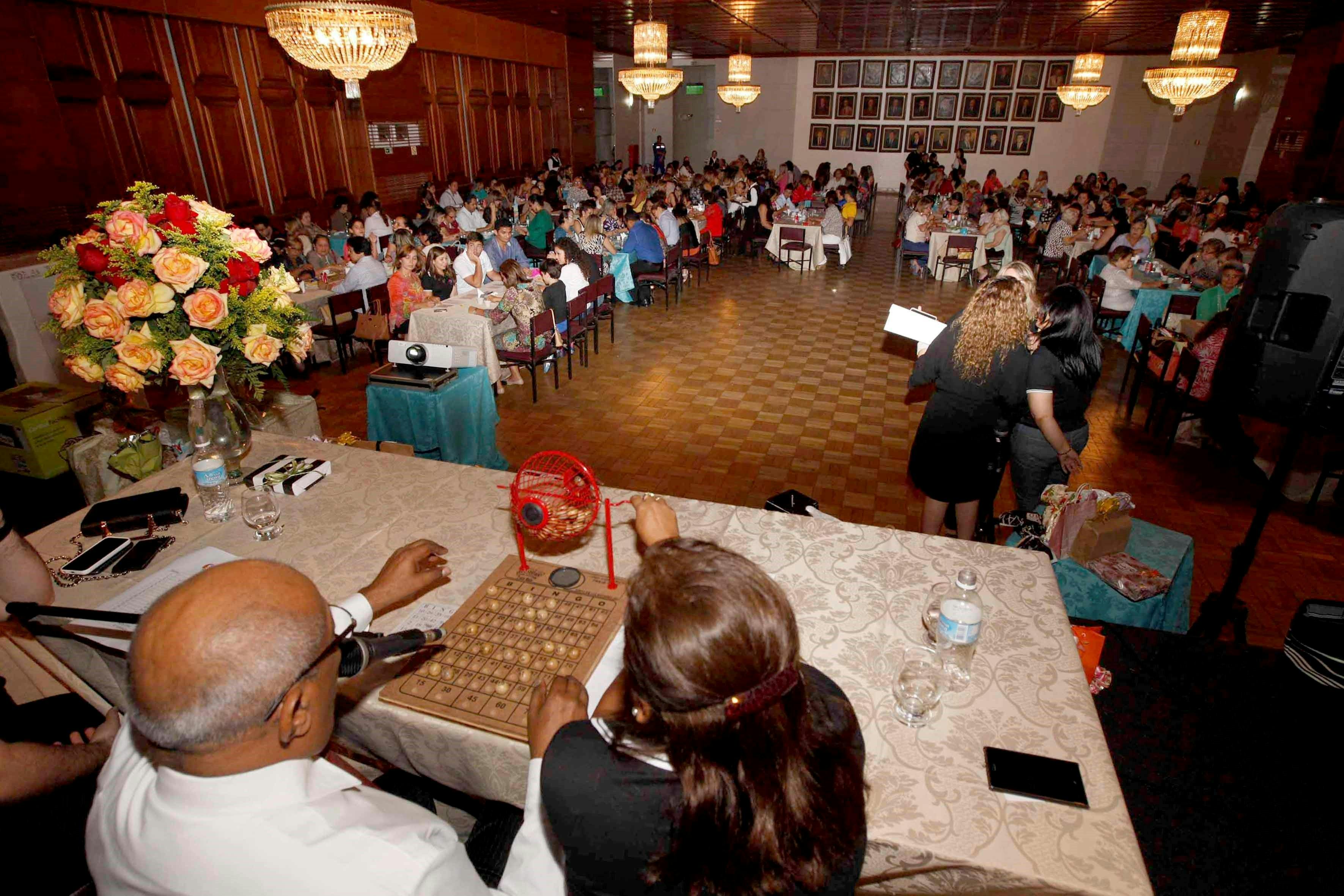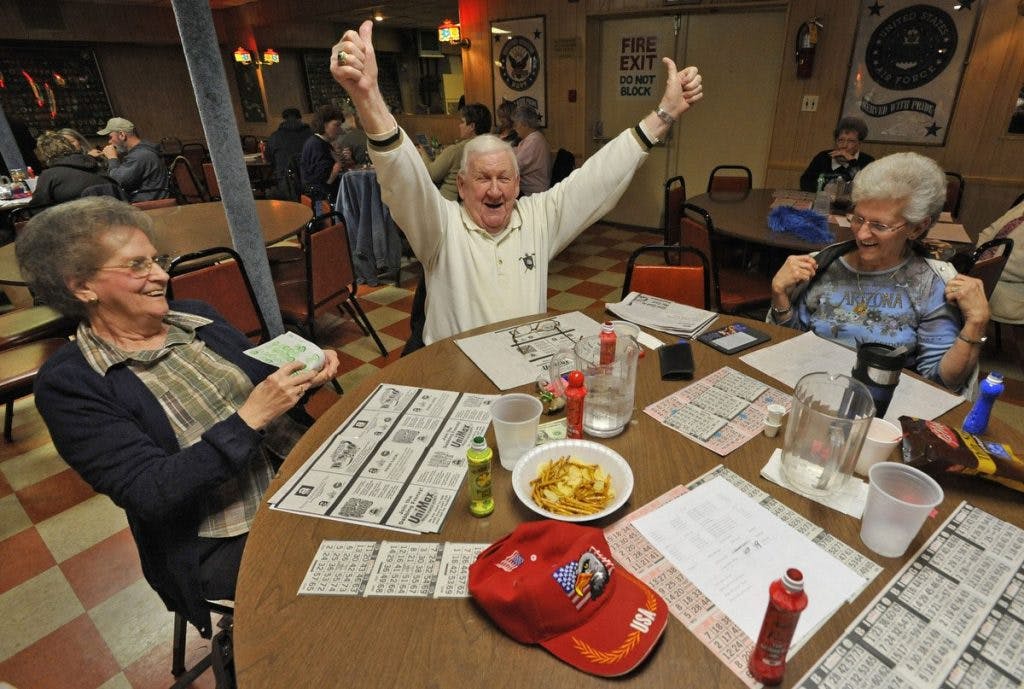Is Bingo Legalized?
A panorama on the operation of bingos and the legal status of this game worldwide
The Lottery House
tags:
bingo
legalization

Global Entertainment, Regulation, and Legal Challenges Around the World
From the luxurious halls of Monte Carlo to the simplest neighborhoods worldwide, bingos have been a lasting source of entertainment and a magnet for those seeking a stroke of luck. With their captivating simplicity and promise of prizes, bingos have transcended cultural and geographical borders, becoming one of the most popular games globally.
In Brazil, the history of bingos is a rollercoaster ride of legality and prohibition, reflecting a complex scenario of regulation, fundraising for social causes, and legal controversies. This feature delves into the universe of bingos, exploring from their fundamental rules to the legal challenges that permeate this intriguing form of entertainment.
Operation of Bingos

Organization and Logistics
Bingo is traditionally organized in specific venues such as community halls, social clubs, churches, and even online. The logistics involve preparing a suitable space, selling bingo cards to participants, and conducting the draw. Participants purchase one or more numbered cards and mark the drawn numbers as they are announced.
Basic Rules
The rules of bingo are straightforward:
· Participants receive a card with random numbers.
· Numbers are drawn randomly and announced one by one.
· The objective is to complete a specific pattern of marked numbers on the card to win the prize.
· Types of patterns include line, column, diagonal, among others.
Types of Games
There are variations of bingo games worldwide, each with its own rules and prize patterns:
· Traditional Bingo: Players complete a specific pattern of numbers on the card, such as a horizontal line, vertical line, or diagonal line, to win.
· 90-ball Bingo: Popular in the UK and other European countries, where numbers range from 1 to 90 and players compete for different prize patterns such as one line, two lines, and full house.
· 75-ball Bingo: More common in the United States and Canada, where players mark numbers on 5x5 cards with a free space in the center (X format). Prize patterns can vary from line, column, diagonal, to specific patterns like letters or geometric shapes.
Global Regulation

The legality of bingos varies widely around the world. While in some countries bingos are fully legalized, regulated, and operated as a form of community entertainment and fundraising for social causes, in others bingos may be strictly controlled or even prohibited.
Countries Where Bingos Are Legalized and Regulated
United Kingdom: Bingos are widely accepted and regulated by the UK Gambling Commission. There is a strong culture of 90-ball and 75-ball bingos in specialized clubs and halls.
United States: Bingos are allowed in many states, with regulations varying from state to state. Non-profit organizations often use bingos as a way to raise funds.
Australia: Bingos are popular in clubs and pubs, usually regulated by state and territorial authorities. They are seen as a form of social entertainment and legally operated in many regions.
Canada: Bingos are permitted and regulated, with charity organizations often using bingos for fundraising purposes. There is a variety of bingo formats played across the country.
Countries Where Bingos Are Restricted or Prohibited:
Brazil: Bingos face a complex regulatory situation. They were legalized during specific periods, such as in the 1990s, but faced subsequent prohibitions due to concerns about money laundering and social issues.
China: Bingos are strictly prohibited, along with most draw-based games. Legislation is stringent due to government policies on gambling.
Japan: Bingos are legalized but strictly regulated and controlled by the government. They are typically operated by non-profit organizations for fundraising.
Legal Status of Bingos in Brazil

History of Legalization and Prohibition
Bingo in Brazil has had alternating periods of legality and prohibition over the years. Legalization initially occurred in the 1990s with the creation of specific laws regulating the operation of bingos as a form of entertainment and fundraising for social causes.
Regulatory Framework
The regulation of bingos in Brazil was marked by the Zico Law (Law No. 8672/1993), which allowed the operation of sports bingos. Later, the Pelé Law (Law No. 9615/1998) reinforced the legalization of bingos, establishing more detailed norms for their operation.
Prohibition and Controversies
Despite the initial legalization, bingos faced controversies related to oversight, tax evasion, and money laundering. These issues led to the prohibition of bingos through subsequent legislation, such as Law No. 11769/2008, which suspended the operation of bingo games nationwide.
Current Legal Challenges and Debates

Discussions on Regulation
Currently, there are ongoing debates about the legalization and regulation of bingos in Brazil. Advocates argue that legalization could contribute to the economy by creating jobs and generating significant tax revenues. Additionally, regulation could mitigate issues such as illegal operation and lack of control over gaming-related activities.
Social and Economic Impact
The debate also addresses the social impact of bingos, especially concerning gambling addiction and its consequences for players' mental health. Awareness programs and consumer protection measures are essential to balance potential economic benefits with the social risks associated with gaming.
Conclusion:

Bingos are popular games that, when properly regulated, can offer safe entertainment and contribute to the local economy. However, the legal status of bingos in Brazil remains a contentious issue, with differing perspectives on economic benefits versus social challenges. The pursuit of a balance between legality, public safety, and consumer protection remains a priority for legislators and regulators. Meanwhile, the debate on the legalization of bingos in the country continues to evolve, influenced by political, economic, and social factors shaping gaming legislation in Brazil.